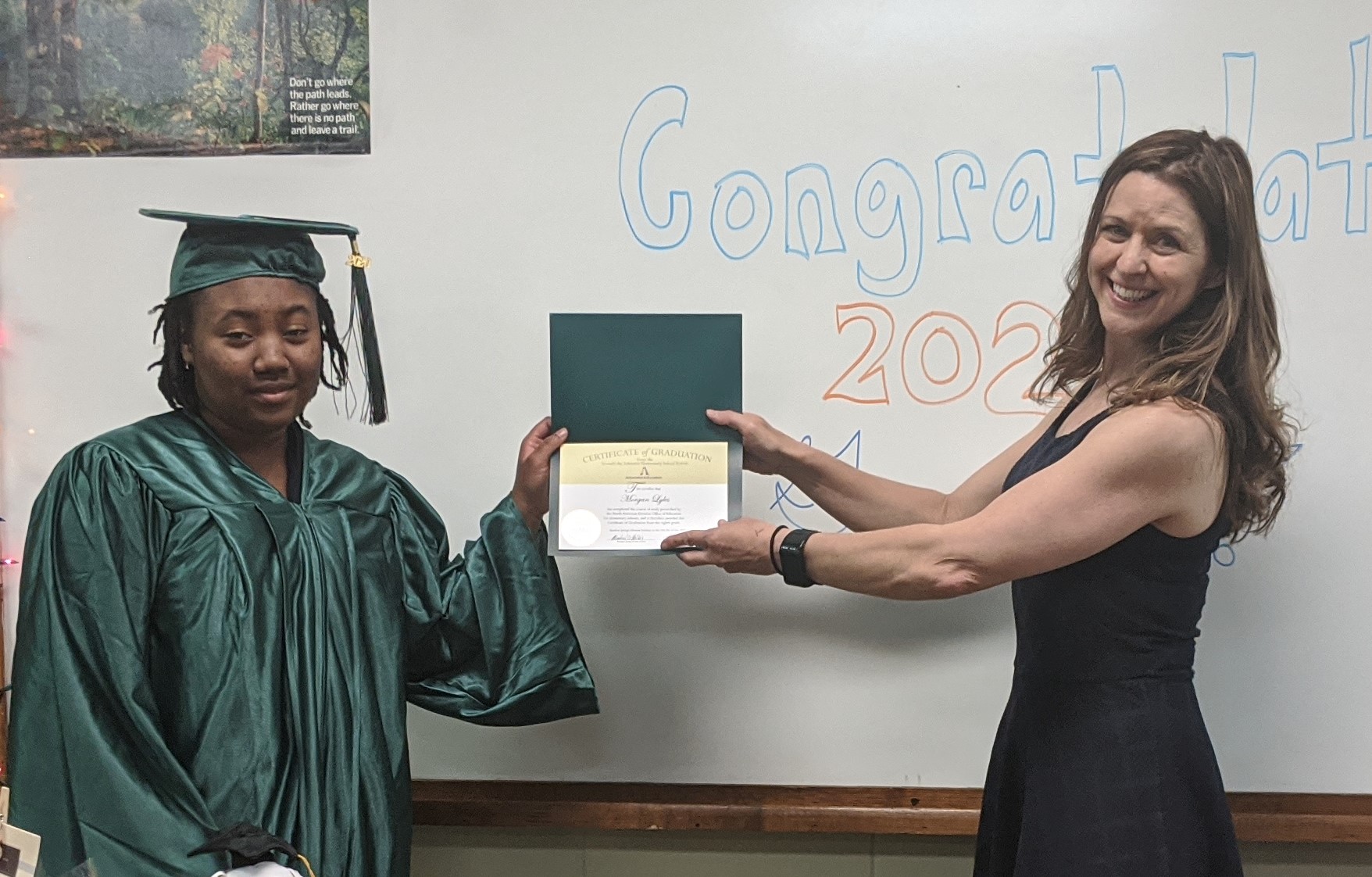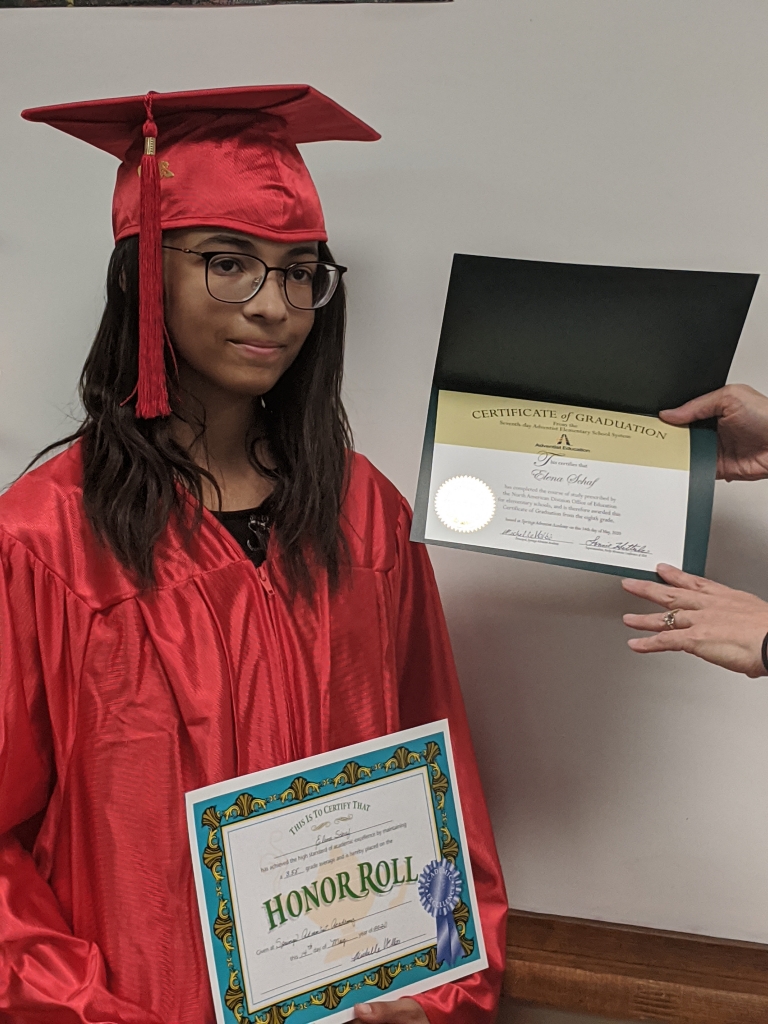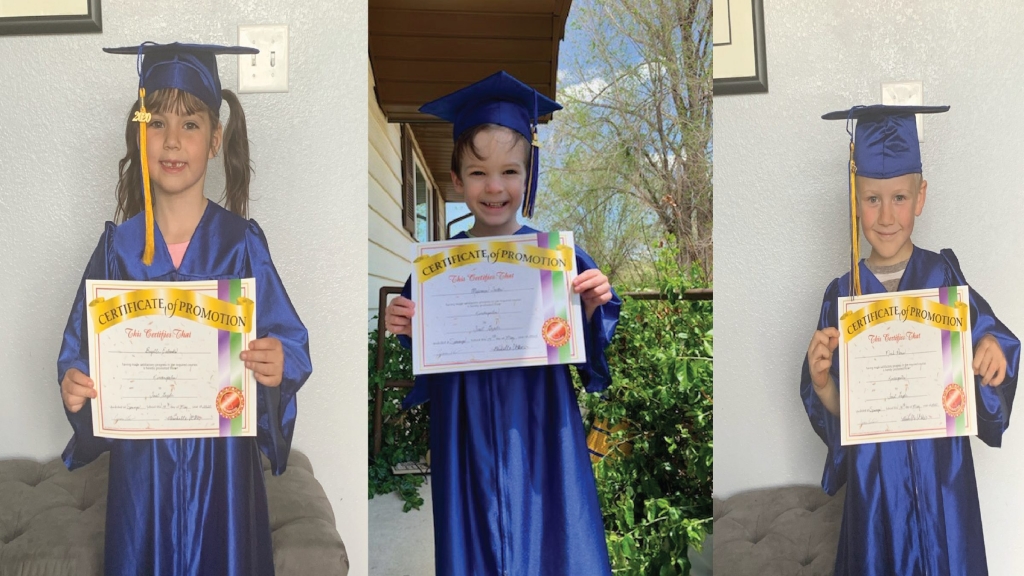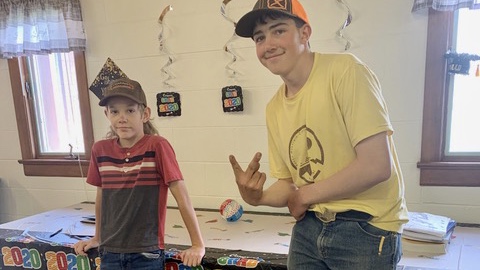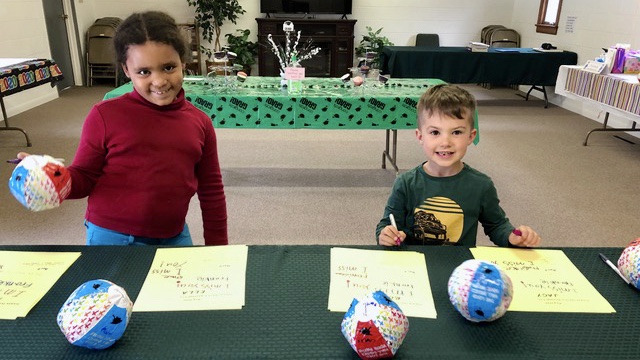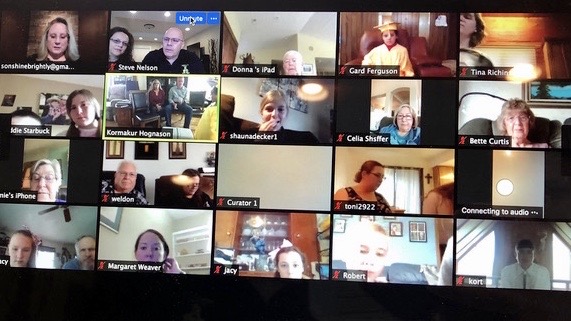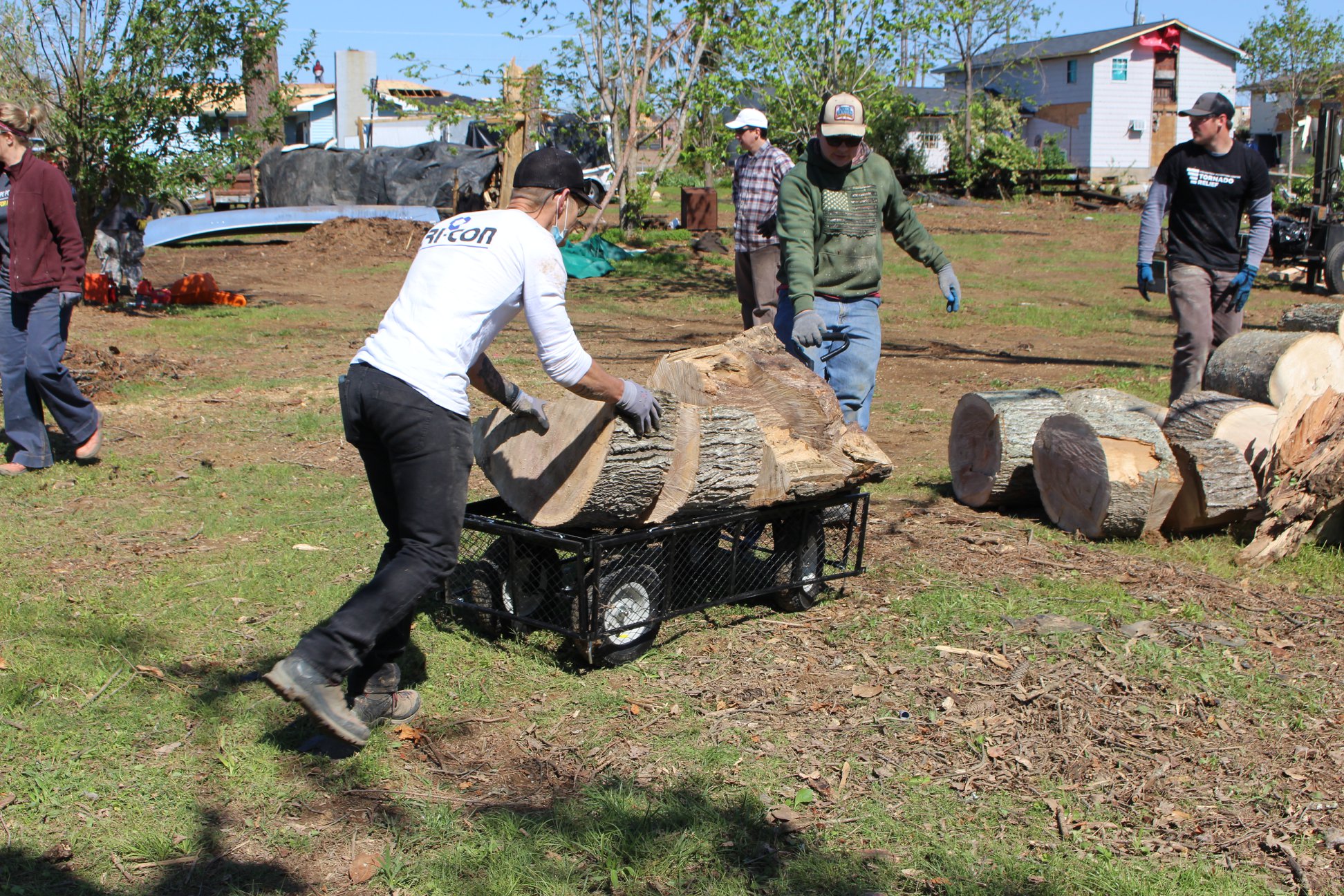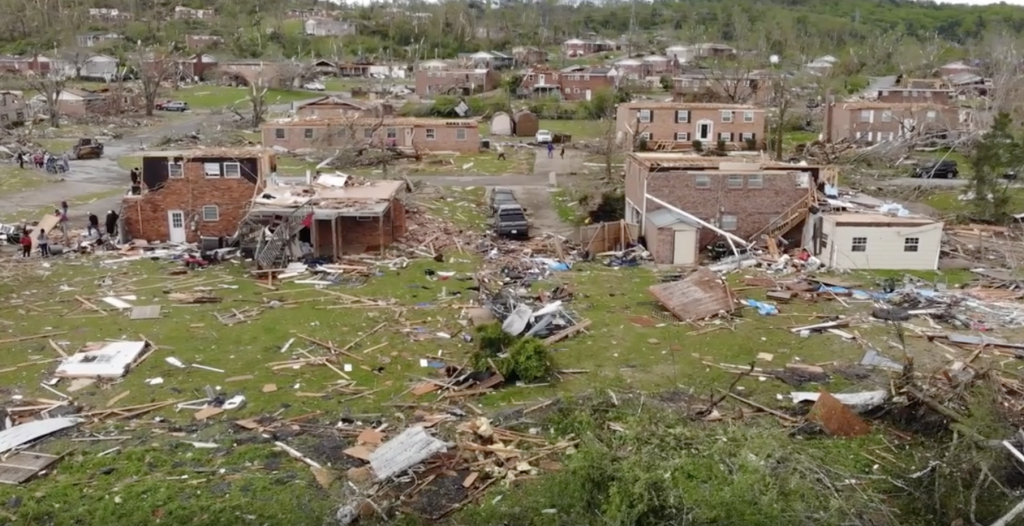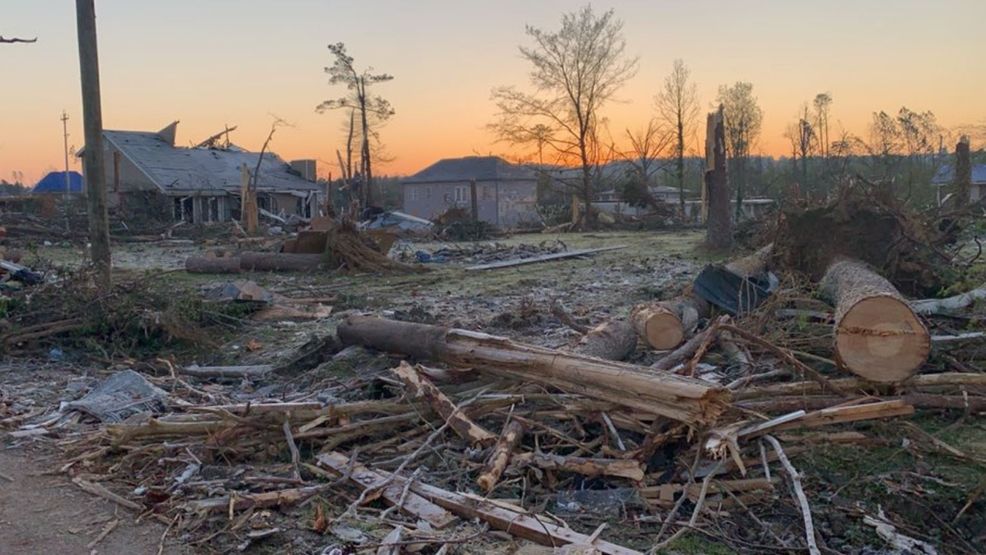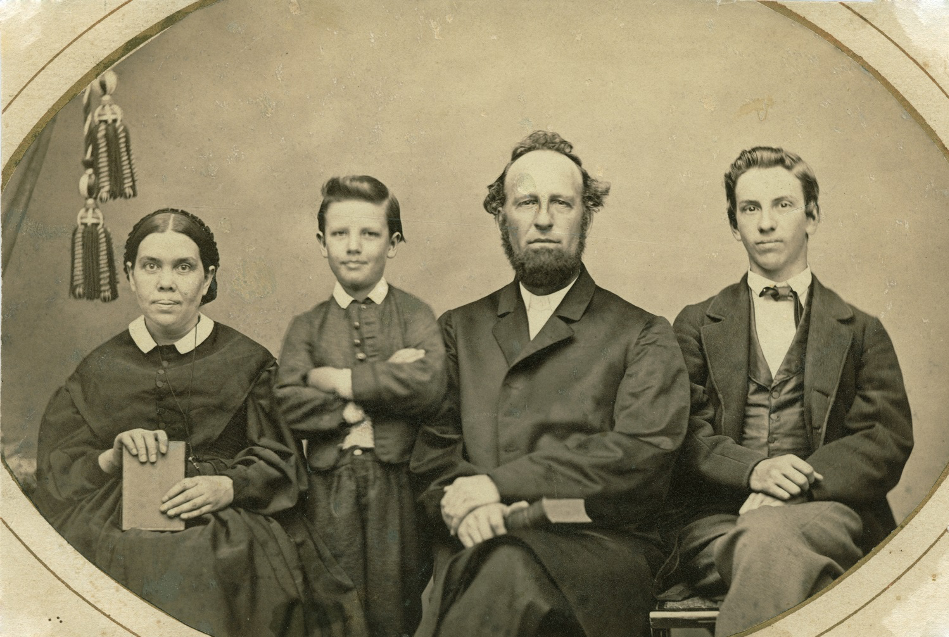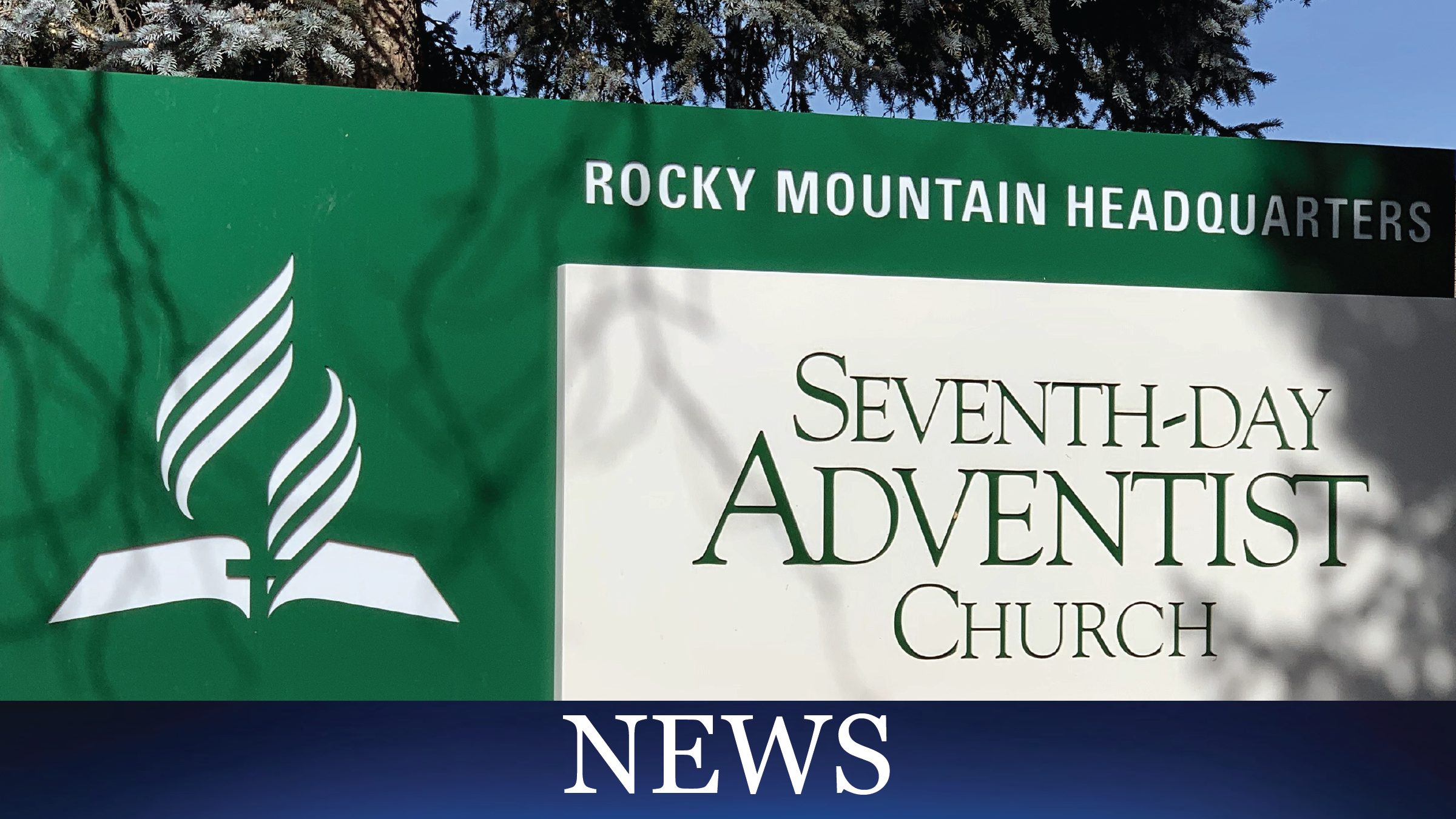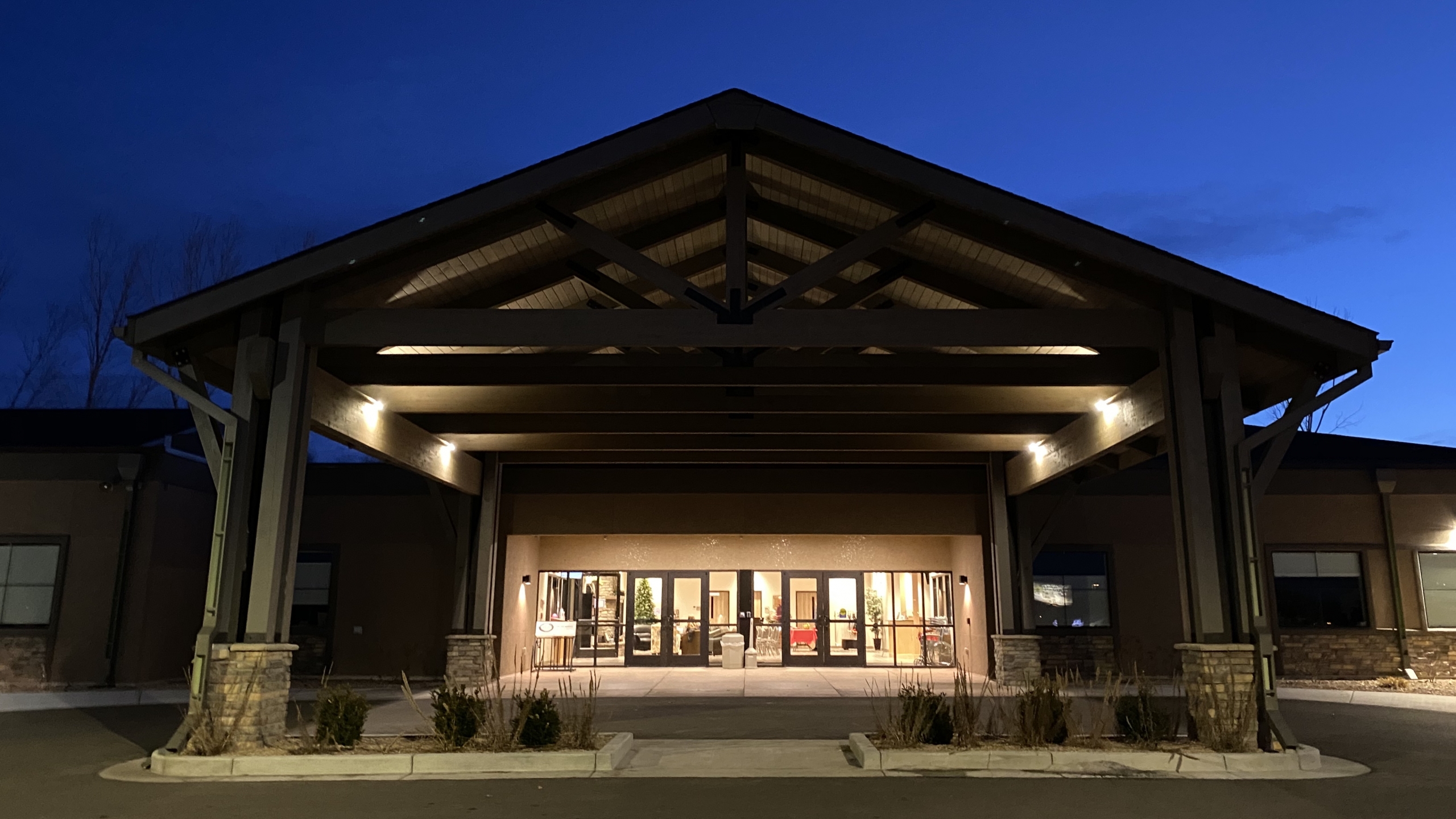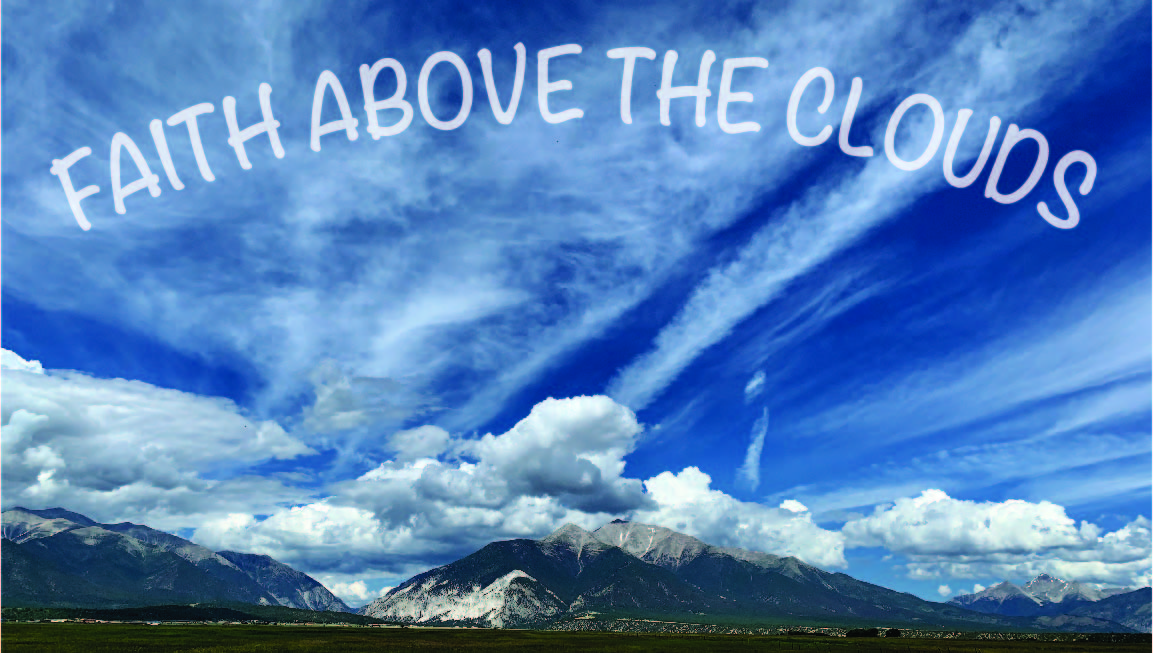By Jose Cortes, Jr. – Columbia, Maryland . . . Her name is Liz, she is a retired science teacher who lives about six houses from ours on our street, and just last night she welcomes our family to the neighborhood, as we walked our dog. Nothing wrong with that, unless you know that we have been in this neighborhood for over five years. I know, totally embarrassing that our family, followers of Jesus, Christians, Seventh-day Adventists who love God and love people had not gotten to meet our neighbor, who lives six houses away from ours.
The thing is that prior to the Pandemic, I spent a significant amount of my time traveling, Joanne, my wife, super busy at the office, and most recently pastoring, and our boys with their school and other activities. Well, I know you probably know the feeling, we are all super busy with very little time, so you may be able to relate.
So what changed? What made it possible for us to slowly walk our street and meet our neighbor Liz for the first time in five years. The Pandemic happened, and that has kind of changed everything! All of a sudden, our family gets to walk in our neighborhood, as we didn’t have the time to do before. Having said that, you would never hear me say anything positive about the Pandemic because it is cruel and evil. It has taken away the health of millions, killed hundreds of thousands, including many friends and loved ones, and brought new levels of fear and anxiety to humanity. You will never hear me say that this is our best time, it is not, hospitals are running out of beds and funeral homes are not able to keep up. Neither will you ever hear me say, what I have heard some Christians say and imply, that God sent the Pandemic to punish the world because of our sin. The ultimate way for God to deal with sin was by sending Jesus, not the Pandemic. God wants to save sinners, not kill sinners. God did not send the Pandemic, but He did send you and me to respond to the Pandemic.
I have been encouraged in my conversations with hundreds of Pastors across North America during this time of crisis. Their response to the present situation is impressive. These conversations have brought to the surface certain principles, which perhaps, we should have always followed, but that for sure we need to keep in mind, not only now but for the future.
I have been encouraged by the response that we, as individuals and as a church, have had during this time of crisis. The Pandemic will end, but some principles need to stay after the Pandemic is gone.
- People are most important: for years we revered our buildings and invested large quantities of funds in purchasing and in maintaining our facilities. Not a bad thing, as long as buildings are not valued more than mission and ministry, which bless people, thus making our buildings the center of worship. After two months, I still see people refer to a church being closed, simply because the building is shut down. Although thousands of our church buildings have now been closed down and sit pretty useless for over eight weeks, the church is still open, because the church is the people, not the building.
- Compassion: People caring for others and checking on our elderly. Food banks that feed thousands in collaboration with city/state government. Online tutoring. Churches collecting medical equipment to be donated to medical responders in the front lines. Drive-by birthday celebrations. Churches are helping families who lost their jobs. All of these should also stay after the Pandemic is gone. Compassion works during the Pandemic, but even after the Pandemic. Don’t let compassion die after the Pandemic is gone.
- Small Groups / Virtual Small Groups – I have attended small groups in English and Spanish during the Pandemic. I have experienced community, happy faces, sad faces, smiles, tears, sharing, testimonies, and animated discussions about relevant topics and Scripture during the last few weeks. People will need all of those components after the Pandemic goes away. Small groups are a great setting for community building, relationships, and relevant mission. Virtual small groups even make it easier for people to participate during a hectic week since no extra time is needed to get ready, dress up, and commute.
- “Everyday church” rather than just “once a week church”: We own buildings that cost millions of dollars that open for 5 or 6 hours a week during regular times (church service and prayer meeting). During the Pandemic, I have seen churches that meet early in the morning for prayer, in the afternoon for Midday Worship, and in the evening for small groups. I go to my social media, and there are always several preachers on, regardless of the time of the day or night. This is an awesome thing! We’ve become the church of the seven days, rather than the church of the seventh-day only, or would you say “the church of the 3 hours on the seventh-day.
- Use of technology and social media: the Pandemic has helped many, even some who used to knock technology as negative, worldly, and evil, to understand that without technology, it is difficult to stay in touch and operate as a church during this time. Those who were using technology before the Pandemic are way ahead. Still, I have seen a pastor go from no media presence to having services with 100 devices connected online, plus the people connected on Zoom. I am grateful for Pastors and churches who are willing to learn, stretch, and sacrifice to continue to reach their congregations and community.
- Empowerment and embracement of younger generations and creatives: These are people who should have been embraced and empowered all alone, but now the church needs them more than ever. The other day, I saw a pastor who preached his entire sermon upside down on Facebook Live. I felt bad for him. I was worried his blood would go to his head ;)! The next day I noticed he preached upside – up. I asked, “what happened?” The reply was, “some of the younger people helped me to get it right.” Younger generations and creatives are our children and grandchildren. Most are digital natives; they have gifts many of us have not been given. After the Pandemic goes, we better keep them, embrace them, and empower them. Technology is not evil; it depends on what you use it for. Younger generations and creatives can help pastors and the church to use technology and social media to spread the gospel.
- Collaboration: the collaboration I have seen among pastors, elders, churches, institutions, and several ministries during the Pandemic, is at an all-time high. This spirit of cooperation will always trump the spirit of competition. “We are in this together” needs to stay a reality way beyond the Pandemic.
The Pandemic will end, but the importance of people, compassion, small groups, the church of the seven days, the use of technology and social media, the empowerment of younger generations and creatives, and the collaboration among all have to remain!
The Pandemic needs to go, but these need to stay! …including our family walks in the neighborhood.
–Pastor Jose Cortes Jr., is an Associate Director of the Ministerial Association and leads Evangelism, Church Planting, and Adventist/Global Mission for the North American Division of Seventh-day Adventists. Photo supplied.
This article is courtesy of the North American Division Ministerial Department and was originally published on the NAD Ministerial website.


